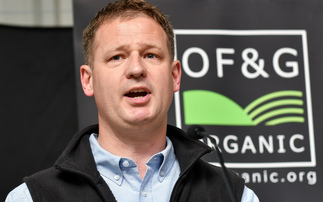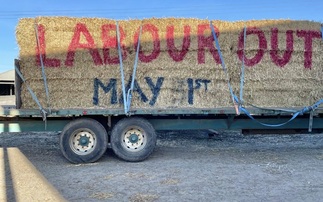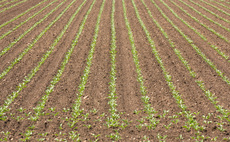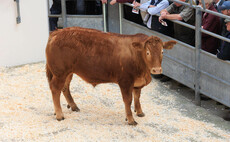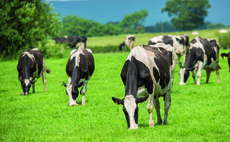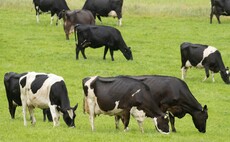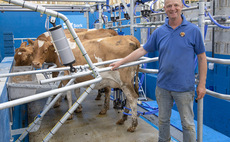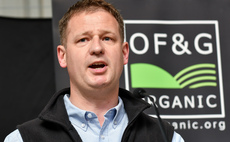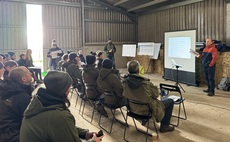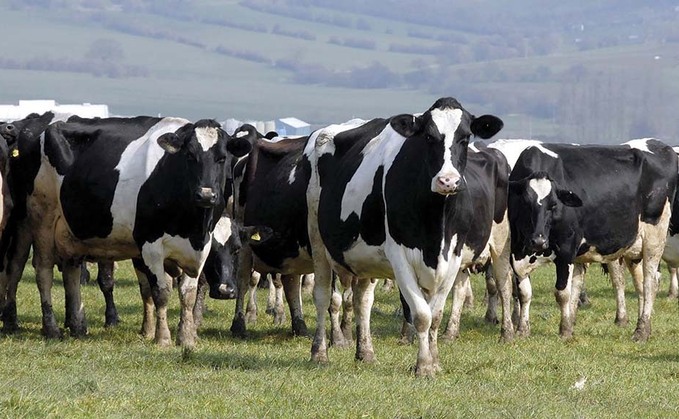
With the launch of Íæż½ã½ã campaign #FarmingCAN, Cedric Porter looks at what farming currently does for the world and even better, what more is to come from the industry.
To paraphrase Monty Python - ‘What have farmers ever done for us'. Well apart from feeding us through good times and bad, caring for the countryside, helping keep rural communities together, employing hundreds of thousands of people and tackling climate change; what have farmers ever done for us?
Farming is like no other industry in its scope and importance, but, like other industries, it cannot thrive unless it understands its impact and embraces its opportunities.
Food for thought
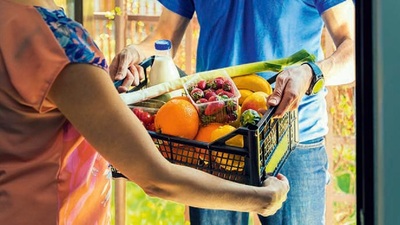
Feeding people will always be the most important function of farming. British farmers help provide a ton of food for everyone in the UK every year. They do so in a way that the average family only has to work from New Year's Day to Valentine's Day - just six weeks later - to pay for all the food they need for the whole year.
Farming is also the bedrock of the £120 billion food industry, which employs more than four million people, according to the Food & Drink Federation.
The trust in that food has also increased. More than three quarters of British shoppers trust the quality and safety of the food they eat, according to a March 2021 survey by the IGD. That trust has increased during the pandemic. Meanwhile, quality was the most mentioned ‘good thing' about British food in a 2017 AHDB survey of 4,500 foreign consumers.
A greater appreciation of where food comes from and how it is produced presents opportunities for British farmers, but extra scrutiny brings with it more responsibility and the need for adequate rewards form others in the food supply chain.
Environmental pedigree
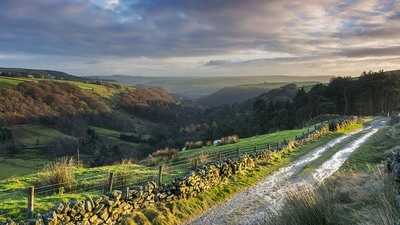
Environmental pedigree
The UK has always been an environmental pioneer. The RSPB is 130 years-old, the Soil Association 75 years-old, the World Wide Fund for Nature was established by Brits 60 years ago, while Linking Environment And Farming (LEAF) is celebrating its 30th birthday this year.
But farmers have been practical environmentalists for hundreds of generations, with an in-built desire to leave the land to the next generation in a better condition than they found it. They are in a unique position of directly managing 70 per cent of the country's land and influencing the management of a large part of the remaining rural area. Íæż½ã½ã are responsible for nearly half a million miles of hedgerows, according to the NFU and have reduced their fertiliser use per hectare by 40 per cent over the last 35 years, while maintaining similar levels of output.
A new era of farming environmentalism is upon us. The UK is embarking on a unique global experiment of ‘public money for public goods' that if done well will allow environmental management to go hand-in-hand with feeding people with reduced environmental impact.
Meanwhile, farming will play a key role in meeting the government's aim of reducing carbon emissions by almost 80 per cent by 2035. The NFU's commitment of farming becoming net carbon zero by 2040 shows how up for the challenge farmers are. Unlike those in other industries, they are in the unique position of being able to sink carbon, generate green energy and enhance biodiversity.
Science and society

As well as taking an environmental lead, the UK has led agricultural research. The longest running scientific experiment in the world (begun in 1843) is in a wheat field at Rothamsted Research in Hertfordshire, while livestock producers across the world can trace their animals back to British ancestors.
But the impact of British farm science does not lie in its history but its future. It will play a leading role alongside others in feeding a world population set to grow by 40 per cent over the next 30 years in a way that uses less not more land.
The role of agricultural scientist is jut one of hundreds of job titles that take place beyond the farm-gate, with technology creating opportunities for new careers all the time. It is a sector that has a job for everyone and a sector that is hiring.
By engaging with wider society honestly and openly farming can show not only what it does, but what it can do too.
What Can Farming Do? Farming can, that's what #FarmingCAN do!








